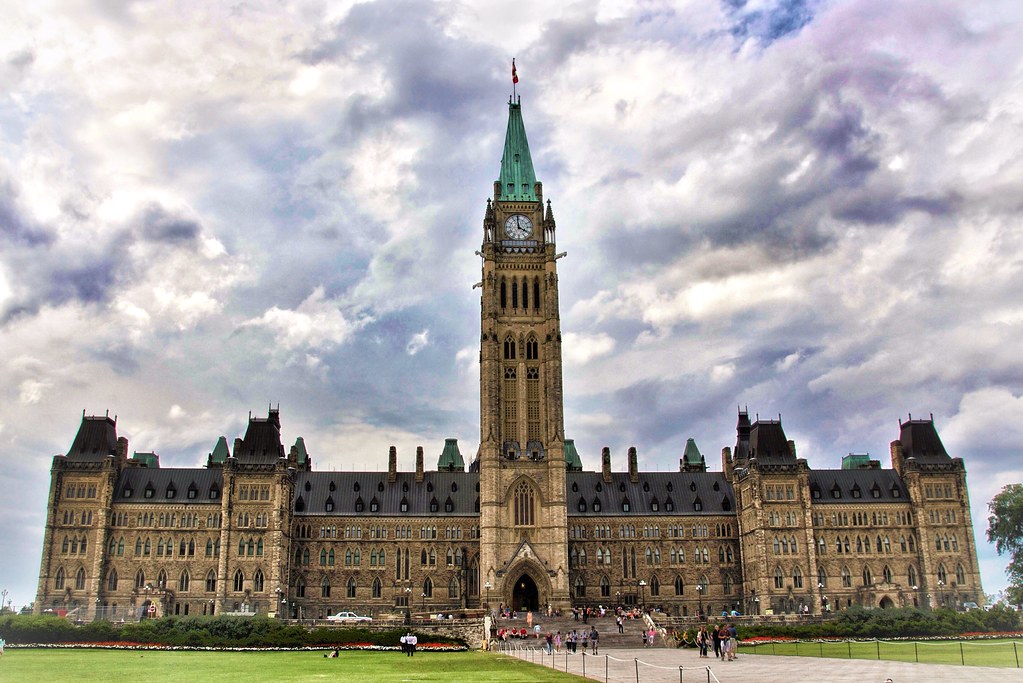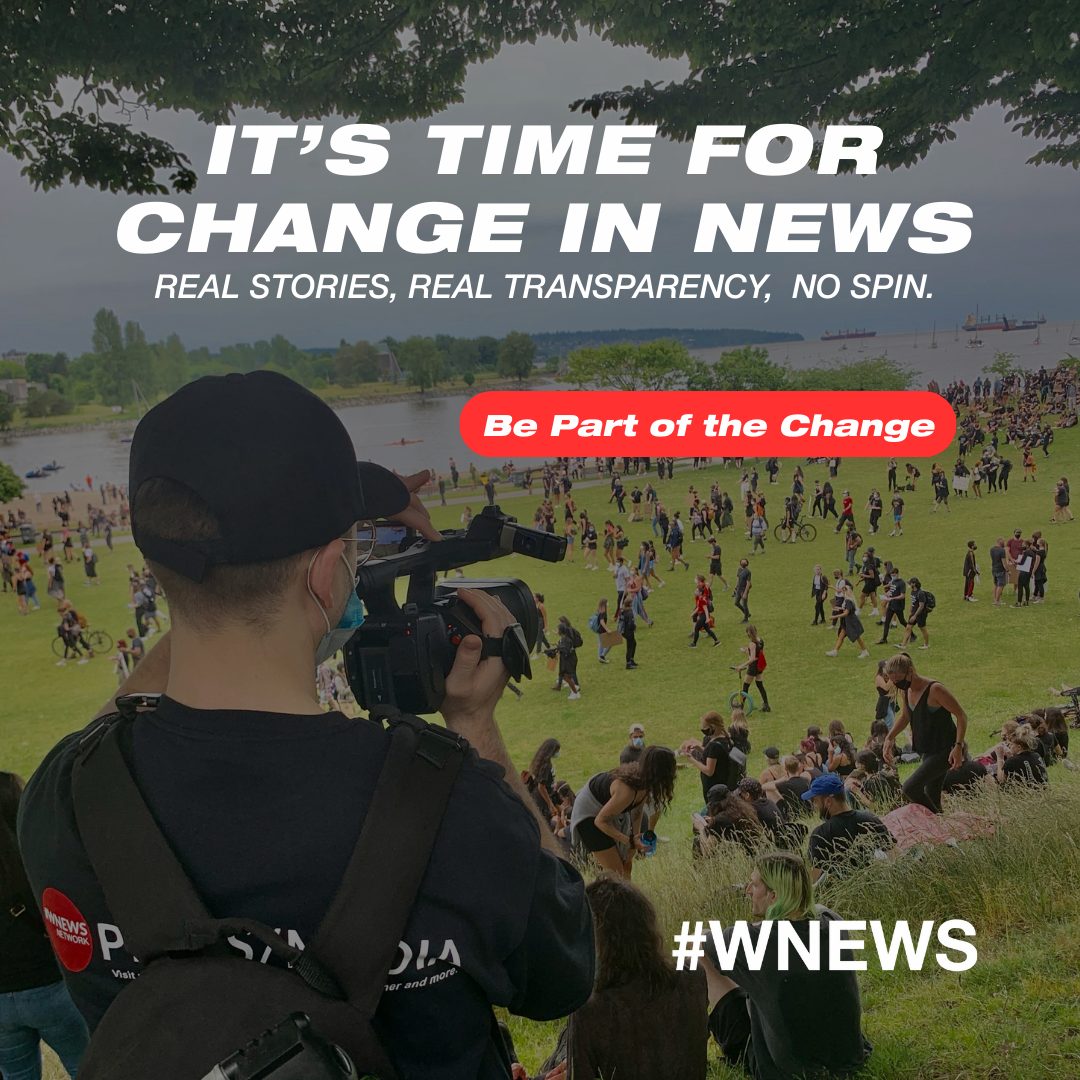Ottawa, ON, Canada (WNEWS) — Following Prime Minister Justin Trudeau’s resignation announcement, the decision to prorogue Canada’s Parliament until March 24, 2025, has significant implications for the country’s legislative agenda. The move effectively ends the current parliamentary session, clearing the legislative docket, and leaving critical bills and policies in limbo. As the Liberal Party navigates its leadership transition, this prorogation has sparked debate over its necessity and impact on the government’s ability to address pressing national issues.
Parliament was prorogued today. The 2nd session of the 44th Parliament is scheduled to open on March 24, 2025. pic.twitter.com/GEeeSewsZM
— In the Chamber (@HoCChamber) January 6, 2025
Understanding Prorogation and Its Immediate Consequences
Prorogation is a parliamentary procedure in which the Governor General, on the advice of the Prime Minister, ends a session of Parliament. Unlike dissolution, which triggers an election, prorogation pauses all legislative activities until a new session begins. When prorogation occurs, all government bills that have not yet been passed are effectively terminated, and Parliament’s work must restart from scratch in the new session.
This creates a political vacuum where debates, motions, and committee work are put on hold. Opposition parties have expressed concern that this prorogation undermines accountability by halting debate during a time of economic uncertainty and public frustration. Pierre Poilievre, leader of the Conservative Party, criticized the decision, stating, “Prorogation is not just a delay; it’s a tool to avoid facing the music.”
Bills That Will Not Move Forward
Several critical bills were advancing through the House of Commons before prorogation. The suspension has terminated these legislative initiatives, some of which addressed urgent national issues:
- Electoral Participation Act (Bill C-65): This bill proposed moving the federal election date to 2025 to avoid coinciding with Diwali and Alberta’s municipal elections. While it sought to increase voter turnout and accommodate cultural events, critics argued it would unfairly benefit sitting Members of Parliament by extending their terms just long enough to qualify for pensions.
- Capital Gains Tax Amendments: Proposed changes to Canada’s taxation policy aimed to increase the taxable portion of capital gains from 50% to 66.67%. This measure was intended to generate additional federal revenue and address income inequality but faced backlash from investors and small businesses, who argued it would stifle economic growth. With prorogation, this initiative has been shelved, potentially impacting the government’s ability to fund future social programs.
- Affordable Housing Measures: The Liberals had introduced a bill targeting housing affordability, which included measures to expedite home construction and increase federal funding for cooperative housing projects. With housing affordability being a critical issue for many Canadians, the termination of this bill is seen as a setback for those struggling to find affordable housing.
- Indigenous Reconciliation Framework: A key piece of legislation aimed at addressing reconciliation with Indigenous communities has also been delayed. This framework included plans to implement more comprehensive funding for clean water projects on reserves and address systemic inequities in healthcare and education for Indigenous populations.
- Green Energy Transition Act: The Green Energy Transition Act aimed to reduce Canada’s carbon emissions by expanding investments in renewable energy projects and creating stricter regulations for oil and gas companies. Environmental advocates have expressed concern that prorogation will delay the implementation of crucial climate policies at a time when Canada is facing increased scrutiny over its environmental commitments.
- Online Harms Act (Bill C-63): The Online Harms Act, was introduced to establish a regulatory framework aimed at addressing harmful content on digital platforms and enhancing online safety for Canadians. The controversial Act proposed the creation of a Digital Safety Commission to enforce regulations and hold social media companies accountable for mitigating harmful content such as hate speech, child exploitation material, and non-consensual sharing of intimate images. It also required platforms to implement child safety measures and submit digital safety plans.
Impact on Policy Priorities
While prorogation halts legislative activity, it also provides the government with an opportunity to recalibrate its priorities. However, this delay can have ripple effects, particularly when addressing urgent issues such as inflation, healthcare shortages, and housing affordability.
Critics argue that the delay will exacerbate existing challenges. For instance, the termination of the Affordable Housing Measures bill means delays in much-needed funding for housing projects. Similarly, Indigenous communities may face prolonged waits for critical infrastructure improvements.
The Conservative Party has been quick to capitalize on these delays, framing the prorogation as evidence of a government more focused on internal power struggles than the needs of Canadians.
What Happens Next?
The prorogation provides the Liberal Party with time to select a new leader and reset its agenda. While the new leader could reintroduce some of the terminated bills in the next session, doing so will require restarting the legislative process from the beginning. This will likely delay the passage of key initiatives, particularly if the new leadership prioritizes different policies.
Speculation about who will succeed Trudeau as Liberal leader has already begun, with figures like Deputy Prime Minister Chrystia Freeland and Industry Minister François-Philippe Champagne emerging as potential candidates. The new leader’s vision will determine which bills are reintroduced and which are left behind.
Criticism and Public Reaction
The decision to prorogue Parliament has drawn mixed reactions from Canadians. Supporters argue that the suspension is necessary to allow for a smooth leadership transition and a reset of the government’s legislative agenda. Opponents, however, view it as an abdication of responsibility during a time of economic and social uncertainty.
The Govenor General should have rejected Trudeau's request for a Prorouge of Parliament.
— Zachary Tisdale 🇨🇦 (@ztisdale) January 6, 2025
The House should have been dissolved, and a new Election called.
Prorogation also temporarily suspends the government’s ability to pass new emergency measures, should unexpected crises arise before March 24. This could include economic shocks or natural disasters that require immediate legislative action.
Prorogue is a good strategy. Need to be at best to deal with the orange one. Can't believe this nightmare. https://t.co/JVIJqJinn8
— Chad Rubel (@canadian_xing) January 6, 2025
Conclusion
The prorogation of Parliament has left Canada at a political standstill, with significant legislative initiatives terminated and pressing issues unaddressed. The Liberal Party now faces the dual challenge of selecting a new leader and rebuilding public trust while setting a legislative agenda that reflects the priorities of Canadians.
As Parliament prepares to reconvene in March, the decisions made in the coming months will shape Canada’s political and economic landscape for years to come.










